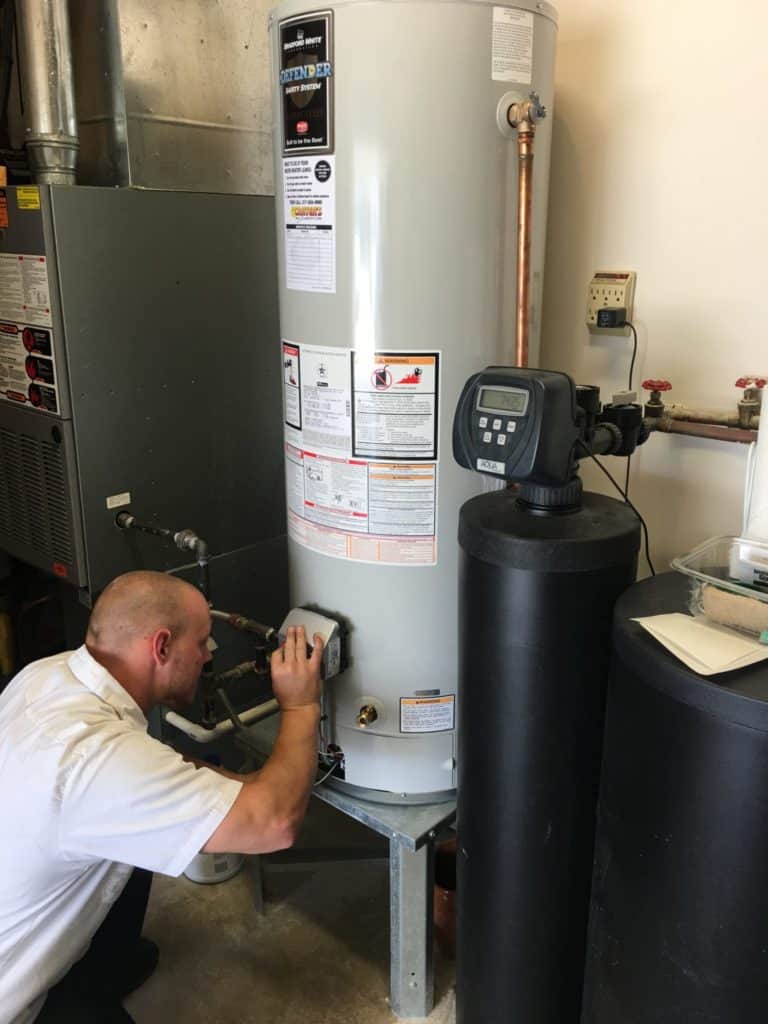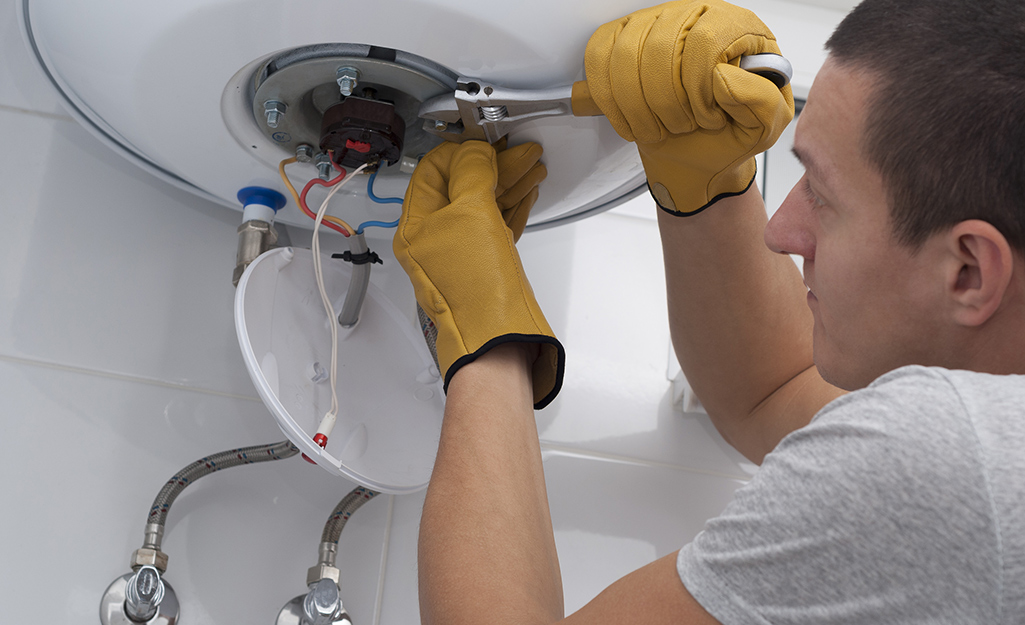Presented here down the page you might get a bunch of dependable information in regards to Warning Signs You Need Water Heater Repairs.

A hot water heater is one of the most vital standard devices that can be found in a home. With hot water heater, you do not need to go through the tension of heating water by hand every single time there is a requirement to wash, wash, or the recipes. Nonetheless, there is always an opportunity that your hot water heater would certainly act up just like many mechanical devices.
It is very important to keep in mind any type of little malfunction and also tackle it rapidly before points leave hand. A lot of times, your water heater begins to malfunction when there is an accumulation of debris as a result of continual use. As a precaution, periodic flushing of your water heater is advised to stop debris build-up as well as prevent practical failure.
Usual water heater emergency situations and also how to take care of them
Leaky hot water heater tank.
A dripping container could be an indication of rust. It can create damages to the flooring, wall surface as well as electric gadgets around it. You might even go to threat of having your apartment or condo flooded. In this situation, you ought to shut off your hot water heater, allow it to cool down, and meticulously try to find the resource of the problem. Sometimes, all you need to do is to tighten up a couple of screws or pipe links in cases of minor leaks. If this doesn't work and the leakage persists, you might need to use the services of a specialist for an ideal replacement.
Fluctuating water temperature level.
Your water heater could begin producing water of different temperatures usually ice hot or cool warm. There may be a requirement to replace either the home heating or the thermostat system of your water heater.
Too little hot water
It might be that the water heater can't support the hot water need for your apartment or condo. You might update your water heating unit to one with a bigger ability.
Blemished or odiferous water
When this happens, you need to recognize if the problem is from the storage tank or the water source. If there is no amusing scent when you run cool water, then you are specific that it is your water heating unit that is malfunctioning. The stinky water can be created by rust or the build-up of microorganisms or sediments in the water heating unit container.
Final thought
Some homeowners disregard little caution and also minor faults in their water heater unit. This only leads to more damages and a feasible complete malfunction of your appliance. You need to take care of your hot water heater faults as soon as they come up to prevent more expenses as well as unnecessary emergency problems.
With water heaters, you do not require to go with the anxiety of heating water manually every time there is a need to take a bathroom, do the washing, or the recipes. Your water heating unit can begin generating water of various temperatures typically ice cool or scalding warm. It may be that the water heater can not sustain the hot water demand for your house. If there is no funny odor when you run cool water, after that you are particular that it is your water heater that is defective. The stinky water can be caused by rust or the build-up of microorganisms or sediments in the water heating unit tank.
Water Heater Burst: Why This Happens And What To Do Next
Water Heater Explosion Warning Signs
Since storage water heaters are made of metal and store large volumes of heated water, they carry an increased risk of leaking or even exploding as they begin to rust at the fittings and seams over time. If the thermostat controlling the water temperature within the tank is faulty, or if mineral buildup inside the water heater prevents the thermostat from sensing the water’s temperature correctly, the water could become overheated. This will expand its volume within the tank, causing it to press at the tank’s fittings and seams. If these fittings and seams are rusted or corroded, the pressure could result in a leak or even an explosion.
Here are some risk factors and warning signs of an increased risk of water heater leak or explosion:
Your water heater is more than 10 years old. Your water heater makes clanking, banging or rumbling noises as it heats up, indicating that sediment has built up and hardened inside the tank. There is visible rust on the outside of the water heater, especially located at the pipe fittings or the seams that run down the tank. There is rusty water coming from your water heater, indicating that there may be rust building up inside. Your water heater is leaking, which could indicate either a crack somewhere in the tank or a malfunctioning temperature-and-pressure (T&P) relief valve. What To Do When Water Heater Leaks
If you find water dripping or seeping out of your water heater, or pooling around it, it means your water heater is leaking. If you find a leak, it may be best to call a plumbing professional to diagnose the problem and determine how best to handle it. If you choose to tackle it on your own, there are a few things you can do.
TURN OFF THE POWER
Next, shut off the power to the hot water tank at your home’s electrical breaker box. If you don’t shut off the power, the heating elements within the tank could continue to stay hot, which could pose a fire risk.
If you have a gas-powered water heater, you’ll also need to shut off the gas line leading into the tank.
FIND THE LEAK
Now it’s time to determine where the leak is coming from. Likely locations are the T&P valve, the drain valve or one of the pipes or fittings that feed into the top of the tank. If you see any rust or corrosion on the outside of your water heater’s tank, pipes or fittings, these could also be the source of the leak.
REPAIR THE LEAK
Once you determine the source of your water heater leak, you’ll have a better idea of what steps you need to take to fix the problem. It may be a simple fix—such as using a wrench to tighten fittings or replacing the T&P valve—but it may be something more complicated. You may even need to drain the tank, remove the water heater and install a new one.
https://www.abchomeandcommercial.com/blog/water-heater-burst/

Do you appreciate reading up on The Importance of Water Heater Maintenance? Make a short review down the page. We'd be glad to find out your opinions about this write up. We hope that you visit us again in the near future. Make sure you set aside a second to promote this entry if you enjoyed reading it. Many thanks for your time spent reading it.
Click For More Info